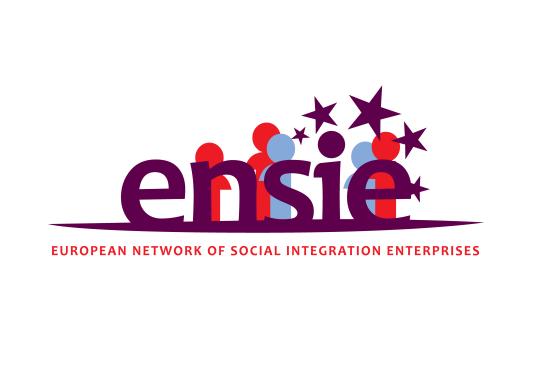
ENSIE is the European Network of Social Integration Enterprises which represents the interests of national and regional networks of ‘Work Integration Social Enterprises’ (WISEs) striving for more inclusive and integrated forms of employment at European level. Currently, ENSIE gathers 32 local, regional and national networks from 22 countries from the EU (Austria, Belgium, Croatia, Czech Republic, Denmark, Finland, France, Germany, Greece, Hungary, Ireland, Italy, Latvia, Lithuania, Luxembourg, the Netherlands, Poland, Portugal, Romania, Sweden, Slovenia and Spain) as well as Azerbaijan, Moldova, Serbia and Ukraine.
What is the European Semester?
The European Semester is the European Union’s framework for the coordination and surveillance of economic and social policies. During the European Semester, Member States discuss their economic, social and budgetary plans with their EU partners at specific times in the year, taking subsequently national action. Although it was initially mainly an economic exercise, the European Semester has evolved, integrating other relevant policy fields into the process. This process of socio-economic policy coordination takes place annually from November until July. The first European Semester cycle took place in 2011.
Generally, the European Semester aims to:
- contribute to ensuring convergence and stability in the EU
- contribute to ensuring sound public finances
- foster economic growth
- prevent excessive macroeconomic imbalances in the EU
- monitor the implementation of national recovery and resilience plans
- coordinate and monitor employment and social policies
Following the proclamation of the European Pillar of Social Rights in 2017, the European Semester also provides a framework for coordinating and monitoring Member States’ efforts in delivering on the Pillar. The Pillar sets out 20 key principles for a strong social Europe in the fields of equal opportunities, access to the labour market, fair working conditions, social protection and inclusion. The European Semester also includes an assessment of how Member States are performing on the UN Sustainable Development Goals.
The importance of being involved in the EU Semester process?
The European Semester serves as a crucial mechanism for tracking advancements toward established European Union goals, and it also plays a significant role in shaping reforms and investments at the national level. Originally designed in 2011 to primarily facilitate the coordination of macroeconomic policies, it has, in more recent times, evolved into a central process to oversee and guide also the execution of employment, social, and environmental policies, spanning both EU-wide and national domains.
In this context, it is crucial for social economy actors and WISEs in particular, to be involved in the process and contribute to the shape of national and European social policies development. Indeed, it helps them to establish regular dialogues with their national but also EU representatives and better understand how to be efficiently involved in the process and influence the publications of the EU Semester documents. At the long term, this will allow an increased attention from policymakers and increased representativeness of the sector as public authorities benefit directly from the civil society expertise and data collected from the ground.
To conclude, every year, ENSIE together with its members is actively involved in the EU Semester process through different actions that the Network shares in its Toolkit on the “Engagement of Social Economy Actors - WISEs in the European Semester Process”. This toolkit aims to present the European Semester process and its work, changes it has been through as well as guidelines for civil society organisations/ SE/WISEs to follow during the year in order to be efficiently involved in the process. It focuses only on elements of the European semester which are especially relevant and of the interests of social economy actors/WISEs representatives.
Author: ENSIE
Details
- Publication date
- 27 October 2023
- Authors
- Directorate-General for Employment, Social Affairs and Inclusion | ENSIE
- Subjects
- EU level
- National level
- Partnerships / Social economy clusters
- Publication

